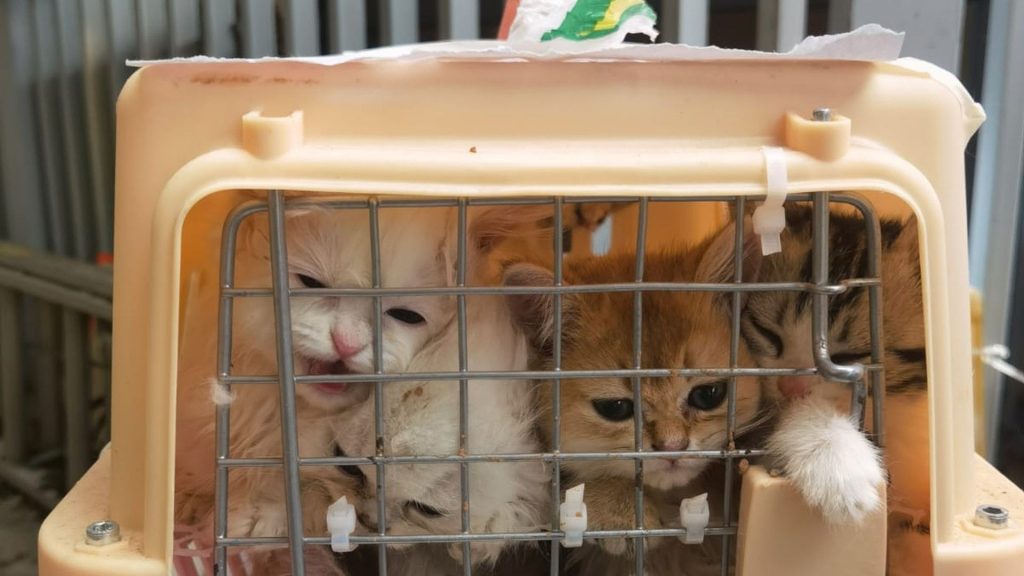As more and more families in Hong Kong keep pets, including dogs, cats and turtles, many unscrupulous businessmen take the risk of smuggling animals in the hope of making huge profits, ignoring the environment in which the animals grow up.
Since 2017, there have been four cases of animal smuggling and 115 cases of illegal importation of live animals, involving at least 10,000 animals, and the whereabouts of these smuggled animals are often a cause for concern. Although the Secretary for the Environment and Ecology, Tse Chin-wan, told the media that animal welfare organisations and government departments such as the Society for the Prevention of Cruelty to Animals (SPCA) or the Agriculture, Fisheries and Conservation Department (AFCD) would generally help take care of the animals involved and arrange for their adoption, many members of the public are actually concerned about whether these animals will be euthanised due to health or other problems.
There are numerous disadvantages to animal smuggling. The WDA believes that animals are humans’ best friends and should not be treated as such. Smuggling of animals not only causes physical and mental exhaustion, but also the poor living conditions that prevent animals from growing up healthy. WDA’s founder Genlin added that the actions of the unscrupulous businessmen were very disappointing and hoped that the Hong Kong government would crack down on these illegal activities and treat the animals well, even if they are sick, by simplifying the adoption process and not euthanising them.
The WDA hopes that the government will crack down on these illegal activities and treat animals well. If humans were to progress as a society, we must treat our animals well, because they are our family and friends. There is no denying that animal smuggling can be profitable, but we need to understand that animal lives are priceless.

